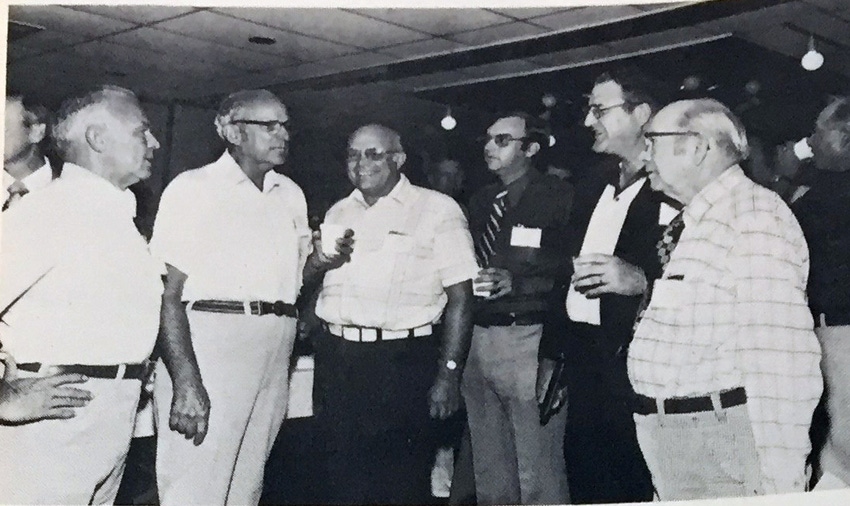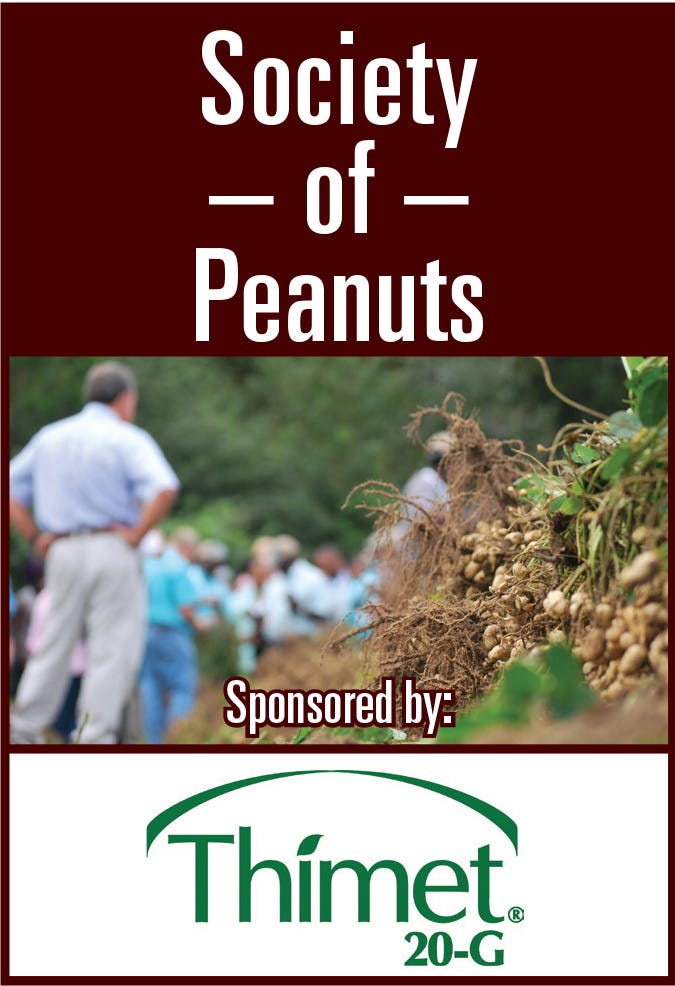
The U.S. peanut industry has many players, from farmers to shellers to manufacturers to consumers to specialty equipment fabricators to food safety experts, and the American Peanut Research and Education Society acts as a gravitational point for the academic efforts to improve it all.
“APRES is the only place where peanut scientists can truly interact with all industry segments to answer much-needed questions to improve the quality of U.S. peanuts. It is one of my favorite meetings to attend because of the family atmosphere, the intellectual exchange, and the ability to solve industry problems,” said Dr. Darlene Cowart, Corporate Food Safety Director at Birdsong Peanuts and an APRES advisory board member.

“I am on the Quality Committee which has addressed several sheller issues over the years. We focus on quality improvements through scientific research that is good for the overall peanut industry. I believe APRES is integral to the continued quality and success of the peanut industry,” she added
The American Peanut Council represents all segments of the peanut industry, including peanut growers, peanut shellers, brokers, peanut product manufacturers, and suppliers of goods and services to the industry. Steve Brown is the APC representative for APRES.
“Compared to other commodities that have similar organizations, like say cotton, soybeans or corn, the peanut group is relatively small, so you get a close-knit feeling, and if you are involved with APRES for a few years, you get to know a lot of people across the broad spectrum of the industry,” Brown said, adding that it is always good for an organization like APRES to actively pull the many aspects of the industry into cooperation for the entire industry.
“APRES has a strong relationship with a lot of the industry but there are other components of the peanut industry that we should build some stronger relationships with,” Brown said, speaking of APRES.
Brown pointed to one example of what APRES can efficiently facilitate, particularly at its annual meeting. The peanut genome was mapped and released earlier this year and marker assisted technology can now be more focused on improving peanut varieties for the industry. At APRES annual meeting, the Peanut Foundation, which spearhead the industry-wide, five-year effort to map the peanut genome, is sponsoring a workshop for breeders to specifically talk about the peanut genomic work.
“We wanted to take this chance to get breeders together and talk about what resources are available now that we have the genome and marker assisted technology for breeders to use and put into their breeding programs and have capabilities to run genetic tests on their breeding lines — and there is some expense to that — and they need to be able to fund such things and describe how to get the work done. We want to hear, too, what some of the roadblocks might be for them and how we can help with that,” Brown, who is the executive director of The Peanut Foundation, said.
Dan Ward grows corn, soybeans and Virginia-type peanuts in North Carolina and is the National Peanut Board representative for APRES. His family has grown peanuts for decades and he has served on state-level peanut leadership positions, but he says he is relatively new to APRES. He became better aware of the group when the peanut genomic project kicked off and he was wrangled in to help drum up support (and dollars) for the project.
Six years ago, he attended his first APRES annual meeting and was impressed at the work, particularly how the group collaborates within itself and avoids unnecessary duplication of efforts, which he says matters greatly because dollars to support research at the farm level needs to be stretched as efficiently as possible.
“I think growers need to be more involved with APRES and I’d like to see more attend APRES functions. There is a tremendous amount of grower dollars going into research — and into this group of people — and I feel like some of the questions that come up you have a better chance of getting them answered if you had a relationship with some of these researchers,” Ward said.
Ward collaborates with his local Extension agents with on-farm peanut research trials, which in turn get presented at APRES by the agents. “And knowing they will be presenting this research to peers and professionals at APRES causes them to make sure they conduct the research right,” he said, adding jokingly that “they don’t want to look like a bunch of dummies” in front of an APRES crowd.
The U.S. peanut industry contains many moving parts and groups dedicated to the unique issues specific to their sides of the industry, and each group takes actions and develops programs to keep their side of the field sustainable and profitable.
APRES is a special mechanism within the U.S. peanut environment that brings together the people interested in the research, education and communication aimed at improving the many facets of the industry now and into the future. It’s all right there in the name: Research, education and society.
About the Author(s)
You May Also Like






